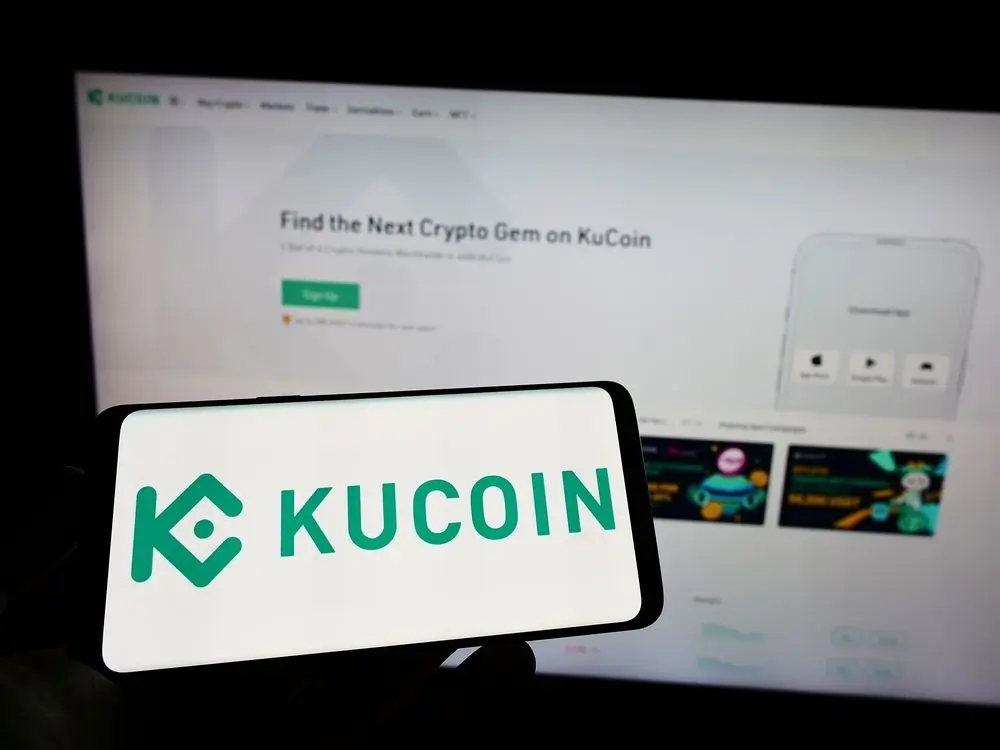Cryptocurrency exchange KuCoin obtained a Markets in Crypto Assets license from Austria's financial regulator this week, positioning the platform to offer regulated digital asset services across most of the European Economic Area under the bloc's unified framework.
The approval from Austria's Financial Market Authority allows KuCoin's European subsidiary to operate in 29 EEA countries, excluding Malta, which maintains separate regulatory provisions. The license comes just days after KuCoin registered with Australia's financial intelligence agency Austrac, marking another milestone in the exchange's global compliance strategy.
"Securing the MiCA license with our local entity in Austria is a defining milestone in KuCoin's long-term trust and compliance strategy," KuCoin CEO BC Wong said Friday, describing the regulatory framework as "one of the highest regulatory standards worldwide."
KuCoin joins a select group of six crypto asset service providers authorized under MiCA in Austria, alongside established platforms including Bitpanda, Bybit, Amina Bank, Cryptonow and FIOR Digital. The exchange filed its application in February 2025, establishing Vienna as its European headquarters.
What Happened
The Markets in Crypto Assets regulation came into full effect on December 30, 2024, establishing the European Union's first comprehensive regulatory framework for digital assets. The legislation allows companies to obtain authorization in one member state and "passport" their services across the entire EEA without securing separate licenses in each jurisdiction.
Austria emerged as an early adopter of the MiCA framework, completing supporting legislation ahead of many other EU countries. KuCoin cited Austria's timely implementation, stable regulatory environment and access to skilled blockchain professionals as key factors in selecting Vienna for its European base.
The licensing system aims to provide standardized consumer protection and market integrity standards while enabling crypto companies to scale across Europe's 27 member states more efficiently. However, implementation challenges emerged as the December deadline approached, with industry associations identifying Ireland, Portugal, Poland, Spain, Italy, Malta, Cyprus, Lithuania and Belgium as jurisdictions struggling to meet requirements.
The regulatory technical standards finalized in October left national authorities just two months to process applications, creating concerns about potential backlogs. Some crypto firms could face service disruptions if unable to secure licenses before transitional periods expire.
Malta's exclusion from KuCoin's passporting rights reflects the jurisdiction's independent approach to crypto supervision. The Mediterranean nation continues issuing its own licenses to service providers and maintains a degree of autonomy rather than fully adopting centralized EU oversight mechanisms.
KuCoin's European operations will focus on compliance with MiCA's strict disclosure obligations, including transparency reports, capital requirements and regular audits. The exchange claims to serve over 40 million users across 200 countries through its global platform.
Also read: Ethereum ICO Whale Offloads $60M After 9,500x Gain While Top Holders Quietly Accumulate
Why It Matters
The MiCA authorization represents a significant shift for KuCoin, which has historically operated with limited regulatory oversight in major markets. The move aligns with an industry-wide trend toward seeking formal compliance frameworks rather than regulatory arbitrage, as exchanges prioritize access to large institutional markets.
The timing coincides with tightening global crypto oversight. In Australia, KuCoin secured Austrac registration as a digital currency exchange on November 25, enabling legal operations in a market where regulators recently indicated many digital assets may require licensing under existing financial services laws.
To support Australian operations, KuCoin partnered with Echuca Trading, a financial services firm holding an Australian Financial Services License from ASIC. The collaboration brings KuCoin's crypto futures products into a regulated structure tailored for the market, while new fiat on-ramp support simplifies local currency deposits for trading.
The dual regulatory wins in Europe and Australia demonstrate KuCoin's pivot toward compliance-first expansion. Multiple exchanges that once operated without licenses now seek direct access to major economies through formal authorization, mirroring moves by platforms like Coinbase and Circle in pursuing public offerings and regulatory clarity.
MiCA's passporting system offers substantial benefits for exchanges willing to meet its demanding standards. Once authorized in a home member state, crypto asset service providers can serve users across the EEA under unified rules, eliminating the need for country-by-country approvals. This streamlines market entry while maintaining high consumer protection benchmarks.
Austria's Financial Market Authority has positioned itself among the more efficient MiCA licensing hubs, approving six providers while other jurisdictions struggle with implementation. The country's structured approach and predictable supervision framework attracted multiple international exchanges seeking European market access.
For KuCoin, the authorization opens opportunities to compete more directly with established European platforms while targeting institutional clients seeking regulated service providers. The exchange described the approval as foundational to its mission of delivering "secure, innovative, and accessible digital asset services" under formal oversight.
Industry observers note that MiCA creates a competitive advantage for early movers who secure licenses before regulatory backlogs develop. As enforcement provisions took effect in January 2025, national authorities gained powers including cease-and-desist orders, license withdrawals and administrative fines for non-compliant operators.
The grandfathering period allowing pre-existing service providers to operate while pursuing authorization expires on July 1, 2026, creating urgency for platforms without formal EU approval. Firms unable to secure licenses face service shutdowns in the bloc, underscoring the high stakes of the regulatory transition.
Read also: Native Monad Applications Struggle As Uniswap, Curve Dominate Early Ecosystem Activity



